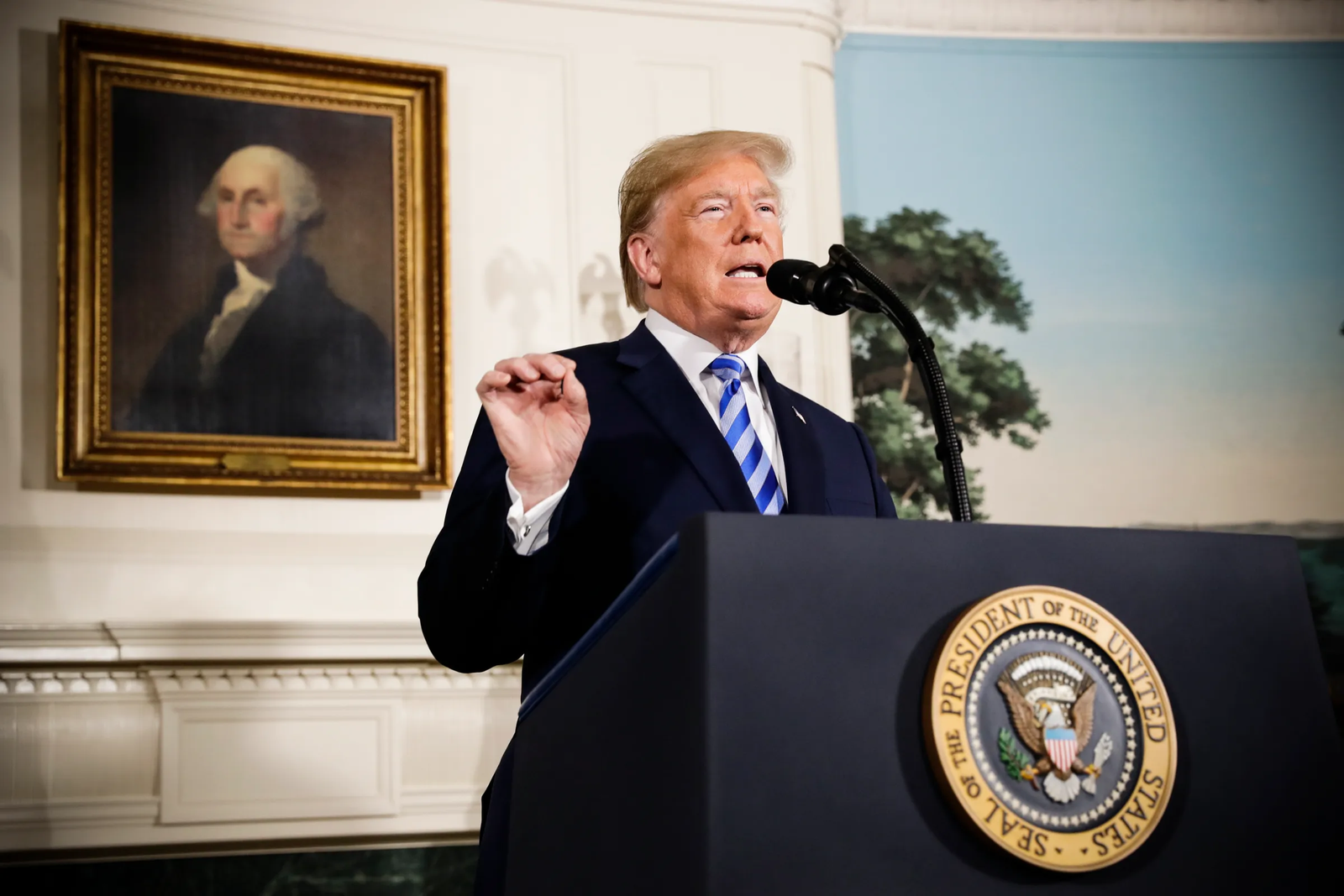In recent discussions with U.S. lawmakers, Saudi Crown Prince Mohammed bin Salman, also known as MBS, has voiced deep concerns about his safety. The ongoing negotiations to normalize relations between Saudi Arabia and Israel have raised alarms for the Crown Prince, who fears that pursuing such a peace deal could make him a target for assassination.
Echoes of History: Comparing MBS to Anwar Sadat
During these high-stakes talks, MBS reportedly drew a striking comparison between his situation and that of former Egyptian President Anwar Sadat. Sadat, a bold leader who signed a historic peace treaty with Israel, was assassinated in 1981 due to backlash from his own people. By invoking Sadat’s fate, MBS highlighted the potential dangers he faces if he follows a similar path. This comparison isn’t just a rhetorical device; it reflects a genuine concern for his life and the stability of his reign.
The Shadow of Assassination Looms
The Saudi royal’s fears are not unfounded. The Middle East is a region fraught with deep-seated tensions, particularly concerning Israel. Any leader who attempts to alter the status quo can quickly find themselves in peril. MBS's worries underscore the precariousness of his position as he contemplates a deal that could have far-reaching implications, not just for Saudi Arabia but for the entire region.

Read More: best 10 latest world news
Public Sentiment and the Palestinian Cause
One of the primary reasons for MBS’s concerns is the strong pro-Palestinian sentiment within Saudi Arabia. The Crown Prince is acutely aware that many Saudis, as well as people across the broader Middle East, hold the Palestinian cause close to their hearts. Any move perceived as a betrayal of this cause could erode his support base and ignite widespread unrest. This fear is compounded by his role as the custodian of Islam’s holiest sites, a position that demands he carefully balance religious obligations with political ambitions.
A Delicate Balancing Act: Negotiating the Deal
The potential agreement between Saudi Arabia, the U.S., and Israel is still under wraps, with many details yet to be finalized. Reports suggest that the deal could include U.S. security guarantees, support for a civilian nuclear program in Saudi Arabia, and substantial economic investments. However, these benefits come with significant risks. MBS’s apprehension highlights the enormous stakes involved as he weighs the potential gains against the possible fallout from such a historic move.
The Broader Implications for the Middle East
Should MBS proceed with normalizing ties with Israel, the implications could be profound. On one hand, it could usher in a new era of cooperation and stability in the region, breaking down decades-old barriers and fostering economic growth. On the other hand, it could spark a backlash that destabilizes not just Saudi Arabia but the broader Middle East. The Crown Prince’s concerns reflect the complex web of alliances, loyalties, and animosities that characterize the region.
MBS’s Strategic Calculations
As the de facto ruler of Saudi Arabia, MBS has shown himself to be a strategic thinker, willing to take bold risks to modernize his country and assert its influence on the global stage. However, the potential normalization deal with Israel presents him with one of the most challenging decisions of his career. It requires him to carefully weigh the benefits of closer ties with the U.S. and Israel against the very real threats to his life and his regime’s stability.
Security Concerns and U.S. Involvement
In his discussions with U.S. lawmakers, MBS has not only expressed his fears but also questioned the measures the U.S. took to protect Sadat, subtly suggesting that he expects robust security guarantees from his American allies. This expectation is not merely a request for physical protection; it also reflects a desire for political backing and a clear understanding of the risks involved.
The Role of U.S. Lawmakers
U.S. lawmakers find themselves in a difficult position as they navigate these delicate discussions. On one hand, they recognize the strategic importance of normalizing Saudi-Israeli relations, particularly in countering Iranian influence in the region. On the other hand, they must consider the potential fallout if MBS’s fears materialize. The U.S. has a vested interest in ensuring the stability of Saudi Arabia, a key ally in the Middle East, but it must tread carefully to avoid exacerbating tensions.
Read More: Ola Electric Unveils the Revolutionary 'Roadster Series' Motorcycles and More at Sankalp 2024
The Path Forward: A Complex Decision
As MBS continues to negotiate the terms of the potential deal, the path forward remains uncertain. Will the promise of security guarantees and economic investments be enough to outweigh the risks? Or will the fear of assassination and the potential loss of support at home lead him to reconsider? These are the questions that will likely weigh heavily on the Crown Prince’s mind in the coming months.
Conclusion: A Leader at a Crossroads
Crown Prince Mohammed bin Salman stands at a critical crossroads, with his life, his reign, and the future of the Middle East hanging in the balance. The decision to normalize ties with Israel is not one to be taken lightly, as it involves far more than diplomatic negotiations—it is a choice that could redefine the region's landscape and determine the fate of a leader who has already shown a willingness to challenge the status quo.
Final Thoughts: The Weight of Leadership
Leadership often involves making tough decisions, and MBS is no stranger to this reality. However, the stakes have never been higher. As he weighs the potential benefits against the very real dangers, the world watches, knowing that his choice could set the course for the Middle East for years to come.
Other Popular News Post:
Maharashtra Government Unpaid Bills | Haryana Assembly Elections 2024 | IndiGo | Haryana and J&K Poll Results | Karachi Blast | Chennai Air Show | Jammu and Kashmir Assembly Election Results | Haryana and Jammu and Kashmir Assembly Election Results | Live Debate | Haryana Election Results 2024 | Jammu and Kashmir 2024 Elections | Rahul Gandhi | Ratan Tata Legacy | Government Formation in Jammu and Kashmir
Explore other popular Posts:
Blog | News | Entertainment | Education | Sports |
Technology | Cryptocurrency | Stock | Home | Sitemap





